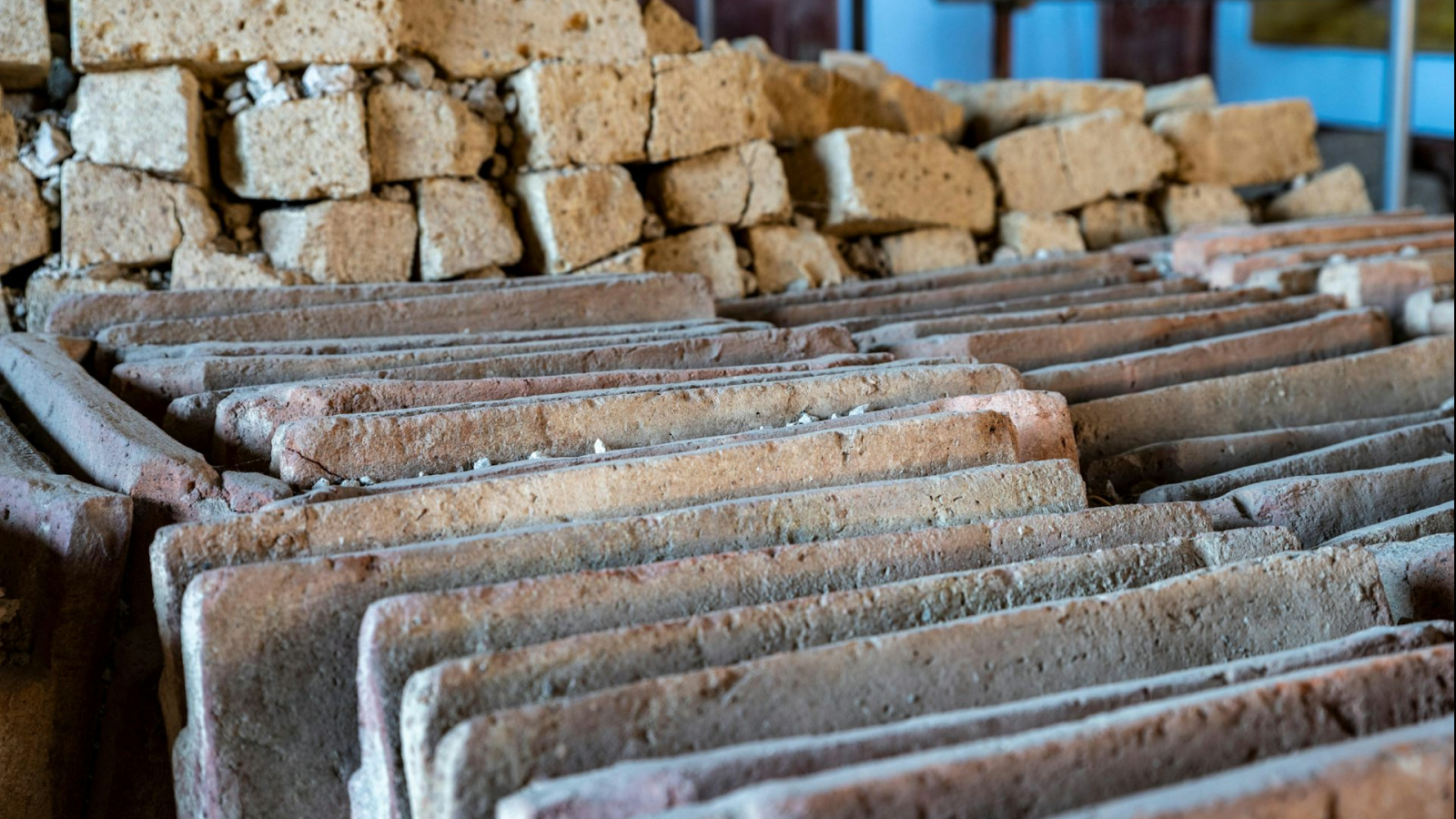Pope's Shift on Condom Vital to AIDS Fight, Health Experts Say
Pope Benedict XVI's assertion in his new book that condom use may be justified in certain situations could have an important impact on HIV transmission in Africa, some public health experts say. Others say the pope's comments don't go far enough.
"The Catholic Church is a huge player in the global fight against HIV ," said Dr. Sten Vermund, director of the Institute for Global Health at Vanderbilt University School of Medicine. "And some organizations are fighting the epidemic with one hand behind their backs because they are working very hard on HIV prevention but they are not using condoms, and that strikes me as an incomplete program."
"Light of the World: The Pope, the Church and the Signs of the Times," the book that was released today (Nov. 23), includes Benedict's observation that "there may be a basis in the case of some individuals, as perhaps when a male prostitute uses a condom, where this can be a first step in the direction of a moralization, a first assumption of responsibility," the New York Times reported Saturday.
While it was later clarified that the pope was referring to both male and female prostitutes, some say the comments in the book aren't clear about the Catholic Church's stance and that the message needs to be a lot clearer before it can have beneficial consequences. And the Catholic Church has yet to address the cultural and sex education issues that fuel the spread of HIV, they say.
As of 2008, some 33.4 million people were living with the virus that causes AIDS, two thirds of them in sub-Saharan Africa, according to the World Health Organization.
Following the money
Benedict's comments may mean that Catholic organizations will be open to funding condom distribution for the purposes the pope specified, although it depends on how these organizations interpret the comments, Vermund said. If these organizations change their attitude toward condoms, it could have a beneficial impact, he said.
Get the world’s most fascinating discoveries delivered straight to your inbox.
"If all global AIDS fighters including those that, based on prior Catholic Church policies, eschewed condoms if they would add condoms to their armamentarium of tools to fight HIV, I think we would be better off."
He noted that countries such as Cambodia and Thailand have seen great success in reducing HIV transmission by implementing polices requiring prostitutes to always use condoms.
Who's left out
The pope's comments do not mention condom use for men and women in relationships, which play a role in HIV's spread, said Dr. Georges Benjamin, executive director of the American Public Health Association.
The words would be more effective if it they were combined with a message that couples should communicate about how to protect themselves from the spread of HIV, Benjamin said.
The fact that the pope has changed his view on condom use under specific conditions is good news, said Thomas Coates, a professor at the University of California, Los Angeles, School of Medicine who specializes in HIV prevention strategies .
"This is an opening, this is a start of discussion," Coates said. "The Catholic Church has previously taken the position: No condoms ever. Now they're taking the position ... maybe there are circumstances in which condoms do make sense," he said. "I think it could have a very important impact." However, Benjamin said, the comments in the book only hint that condoms are okay in certain situations. "The message has to be a lot more firm than that," he said.
And because the book does not include critical information about the known benefits of condoms and how they should be used, these gaps need to be filled if the message is to be meaningful, he said.
"If the church is clear about the message, and that message is that wearing a condom can reduce one's exposure to a range of sexually transmitted diseases , that it has to be used consistently and properly, then it will be helpful," Benjamin said.
Coates noted that the pope's comments did not address situations in which one partner has HIV and the other does not.
"Encouraging condom use in those relationships would go a long way to preventing transmission," Coates said.

Rachael is a Live Science contributor, and was a former channel editor and senior writer for Live Science between 2010 and 2022. She has a master's degree in journalism from New York University's Science, Health and Environmental Reporting Program. She also holds a B.S. in molecular biology and an M.S. in biology from the University of California, San Diego. Her work has appeared in Scienceline, The Washington Post and Scientific American.


